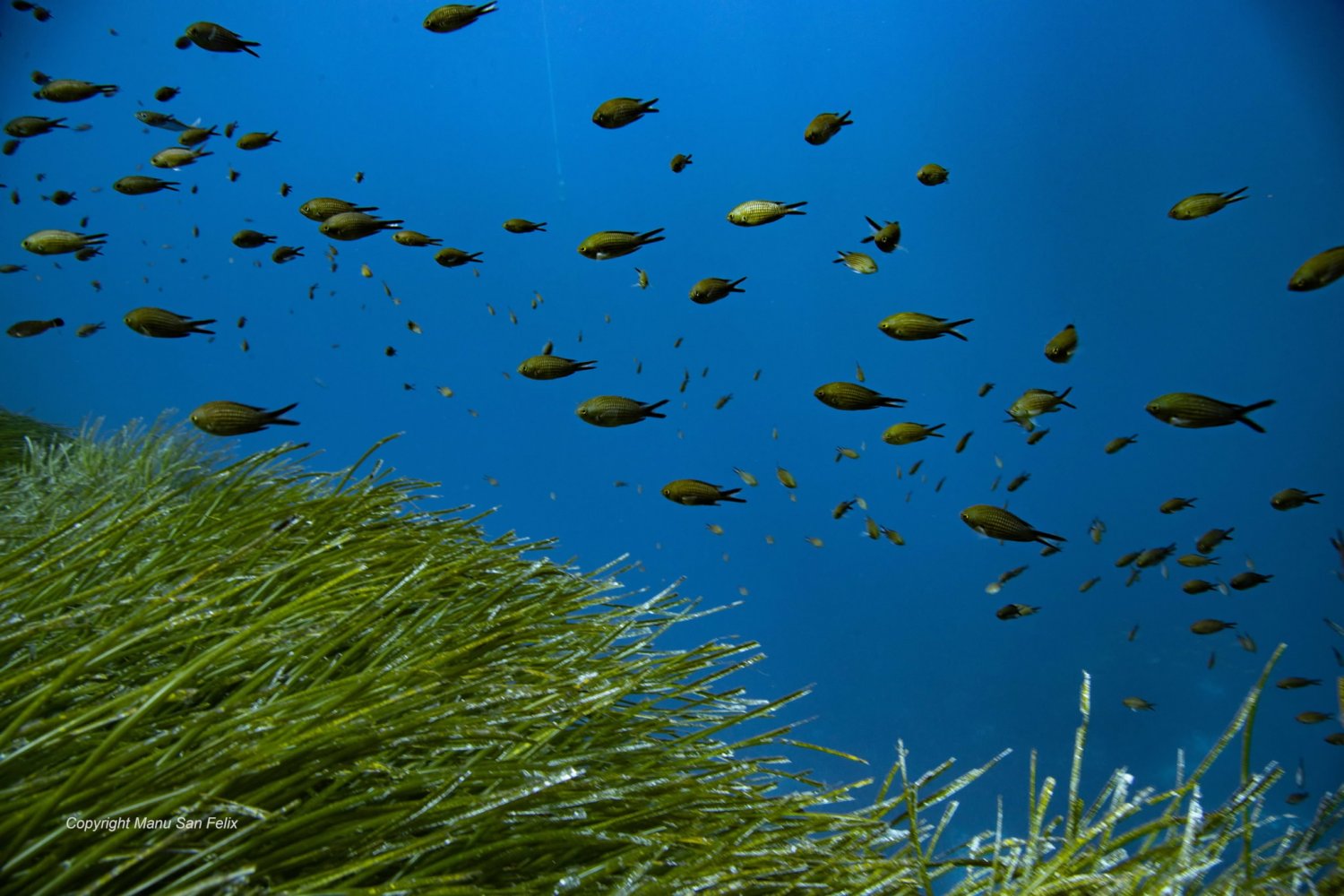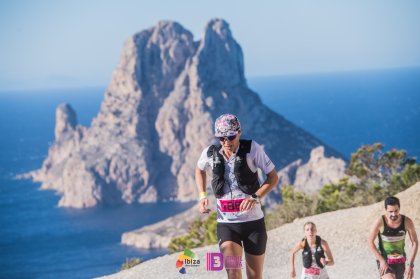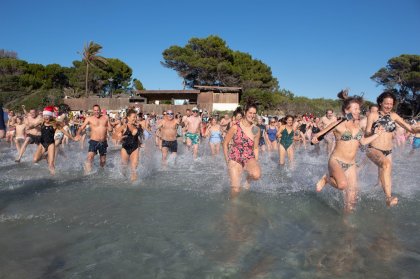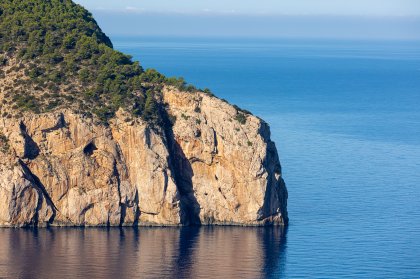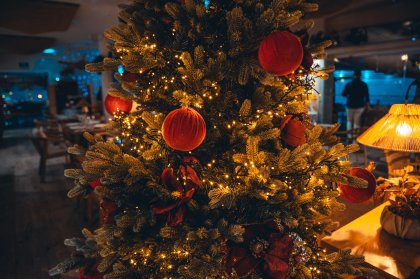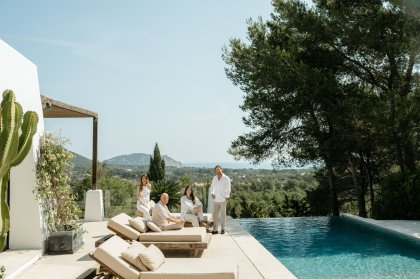Photo courtesy of Manu San Félix
The crystalline waters around Ibiza and Formentera are one of the islands' main attractions. Indeed, sometimes the sea is so turquoise, you could be forgiven for thinking you'd been transported to the Caribbean. But did you know that it's all thanks to one of the world's largest and oldest living organisms, which grows along the sandy sea floor?
Named after the ancient Greek sea god, Posidonia oceanica is a type of seagrass found all over the Mediterranean. However, the meadows around Ibiza and Formentera are some of the best examples of their kind. So much so that in 1999 they were declared a UNESCO World Heritage Site.
The meadows stretch, quite literally, for miles. One particular patch off Formentera was found to be 15 kilometres long and, in 2012, scientists studying specimens from it revealed they believed it to be between 80,000 and 100,000 years old, making it one of the largest and oldest living organisms on the planet.
The lungs of the Mediterranean
Posidonia is vital to our marine ecosystem, supporting a variety of species, including fish and sea horses, which use it for feeding, breeding and shelter. Not only that, it is also a highly effective carbon sink. Seagrass can soak up around 15 times more carbon per hectare per year than the Amazon rainforest. A 2021 study found that, for Mediterranean islands, carbon fixation can reach up to 14.5% of emissions, making it a key line of defence against global warming.
The plant also filters and oxygenates the water. The gas is then released back into the atmosphere, providing more than half the oxygen we breathe. So it may not surprise you to learn that Posidonia is often referred to as the “lungs of the Mediterranean”.
Under threat
https://www.youtube.com/watch?v=O-bTMaU47eA
Unfortunately, despite being one of our most valuable natural assets, Posidonia is in danger. Over the past 40 years, the western Mediterranean has lost about a third of its meadows. The warming of the seas due to global warming poses a major threat; seagrass starts to die off once the water temperature reaches 28°C, something that is now happening every summer.
In a study carried out by local environmental group GEN-GOB and financed by IbizaPreservation, sea temperatures recorded by underwater sensors placed around Talamanca Bay exceeded the 28°C threshold for 11 days straight in August 2024, whilst in 2023, 40 such days were recorded, reaching a maximum of 30.07°C.
Pollution in the water is another issue, as is uncontrolled boat anchoring. Posidonia oceanica grows incredibly slowly, at a rate of less than one centimetre a year. Just one vessel dropping anchor in the grass can create a bald patch which then takes centuries to repair.
With around 2,000 recreational charters crossing between Ibiza and Formentera every day during the season, it’s easy to see how even just a small percentage discharging their waste at sea or anchoring in the meadows can cause extensive and lasting damage.
Taking Action
IbizaPreservation’s Blue Crime Classroom is a new project, run in conjunction with University Jaume I in Castellón, which seeks to shed light on illegal practices such as these by studying their impact on our marine environment and promoting policies to improve its protection.
Not seaweed!
Both tourists and residents alike often complain about the “seaweed” that covers the shore in many parts of the island. But the brown fronds that litter the coastline are in fact posidonia leaves, which even when dead still fulfil an important function, protecting against erosion. For this very reason, the leaves are removed by town halls from the more popular beaches during the summer months, allowing people to enjoy the sand, before being put back in the winter in order to provide a natural shield against storms and prevent beaches from being washed away.
What you can do
We all need to play our part to ensure this magical plant is able to thrive in our waters. Even if you are just visiting the island briefly, you can still do your bit to help:
- If you’re going out on a boat trip, please ask your captain to ensure they don’t anchor in posidonia. The free Posidonia MAPS app for iPhone and Android, can help guide them. Eco-moorings should be used where available.
- Ensure that waste water is not discharged overboard; special containers are provided in the ports for this purpose.
- Invest in some environmentally friendly, chemical-free sunscreen. Pollutants from normal sun cream contaminate the water and poison the seagrass.
- Become a Posidonia ambassador and help spread the word about this precious plant and how best to protect it!
You can find out more about IbizaPreservation and donate towards their work by going to their website: ibizapreservation.org. You can also follow them on Instagram, Facebook and X.
